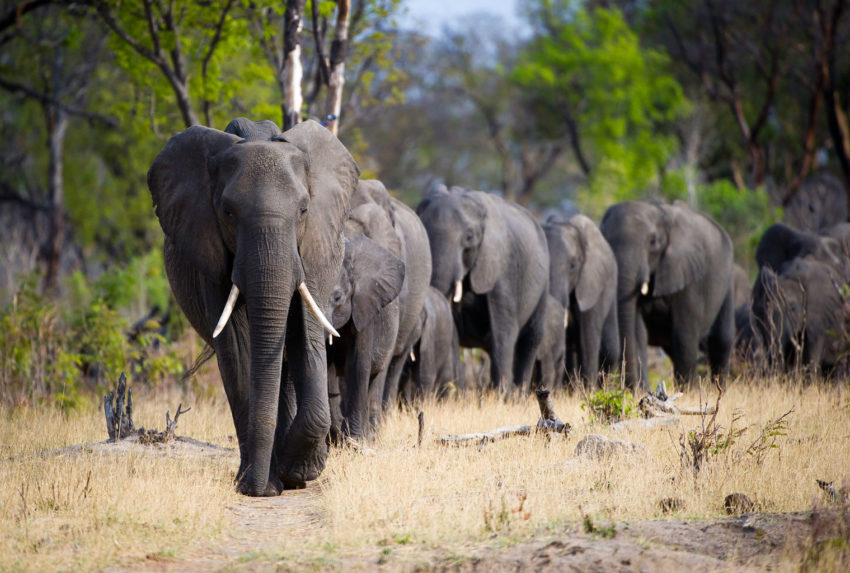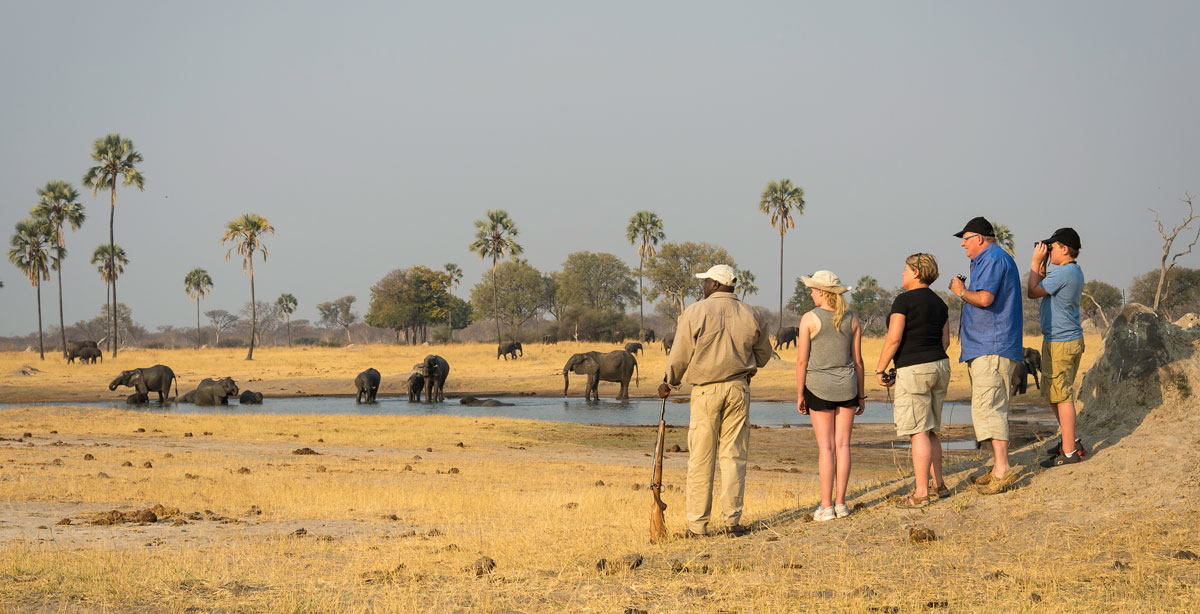You may have read through our brochure, which reads like a calendar, with each month representing an experience that we recommend at that time of year. Each month we’ve followed that up with an experience-based blog. To see the other experiences that we’ve covered over the last few months, please explore our previous blog posts and browse through our brochure. In the meantime, I give you Zimbabwe.
We’re huge fans. You may remember that Emma visited back in the autumn, that Vanessa, who has recently joined us as a finance assistance, was born and bred in the country’s capital, Harare, or that Graeme Lemon, a good friend and manager of Wild Expeditions Ethiopia, who I interviewed last year, grew up and undertook his guide training here. You may also remember that Jamie wrote a blog last year championing Zimbabwe guides, who are said to go through the most rigorous training process of all African guides. ‘Overall,’ Jamie tells us, ‘the entire professional course takes 5-10 years; comparable with studying for a PhD at University.’
A place of visceral mountainous scenery in the east at Nyanga where birds abound, over to Hwange in the west, a national park with one of the highest concentrations of elephant anywhere in Africa, then up to the famous moonbows and terrifying Devil’s Pool at Victoria Falls, or Mosi oa Tunya (‘the smoke that thunders’), and further north still to the largest reservoir in the world, the tranquil Lake Kariba, Zimbabwe is indeed a special place.
Sadly though, our perception of Zimbabwe is often clouded by what we know of its troubled history. From colonisation by Britain as Rhodesia, to Robert Mugabe’s repressive rule since gaining independence in 1980, many Zimbabweans have only known political and economic instability. The building of the dam that holds back Lake Kariba displaced many thousands of people from local community, most of whom received no compensation in the 1970s. Deforestation is destroying the habitats of the wildlife that lives there, and at a rate, say some, that may see the country’s natural woodland gone by 2065.
Fortunately, today it’s future looks brighter. While exactly how the new government plans to undo the excesses of Mugabe is beyond the remit of this blog, tourism is an extremely important quick, medium and long-term win. Professional ground operators are coming together to form the beginnings of a strong eco-tourism sector. Many have historically operated in Zimbabwe as quasi-NGOs, their work with local communities helping protect wildernesses that would otherwise have received little support. African Wildlife Foundation (AWF) is one particular organisation and has partnered with Savé Valley Conservancy in order to protect the remaining 290 black and 430 white rhinos from poaching: ‘Zimbabwe is a highly educated country,’ say AWF. ‘Training opportunities are needed for the poorest people to learn new skills that aid in conservation and help better the lives of all.’
All of which is backed up by Hannah Rayner, senior destinations specialist, who was the first to visit before we launched Zimbabwe as a destination: ‘Although the people of Zimbabwe have been through seriously tough times, everyone was incredibly friendly, passionate and loyal. There is an honest sense of unity there, to want to show the world the ‘real Zimbabwe’. I was really blown away by it.’ As Hannah intimates, without community, there is no conservation, and Zimbabwe is a fine example of communities coming together in the name of the wildernesses they call home.
If you’d like to talk to one of our destination specialists about travelling to Zimbabwe, please get in touch.

